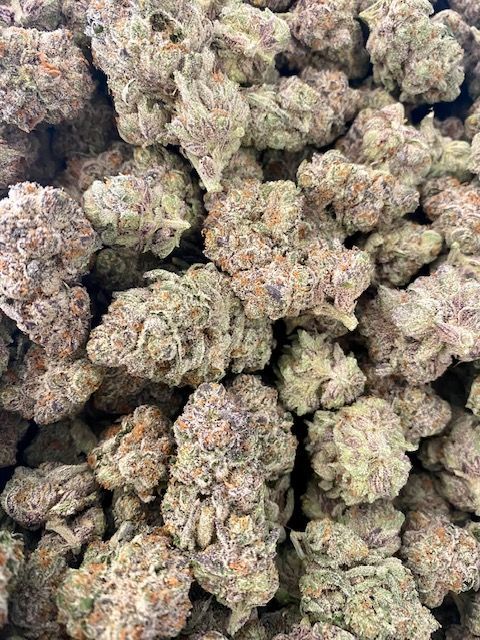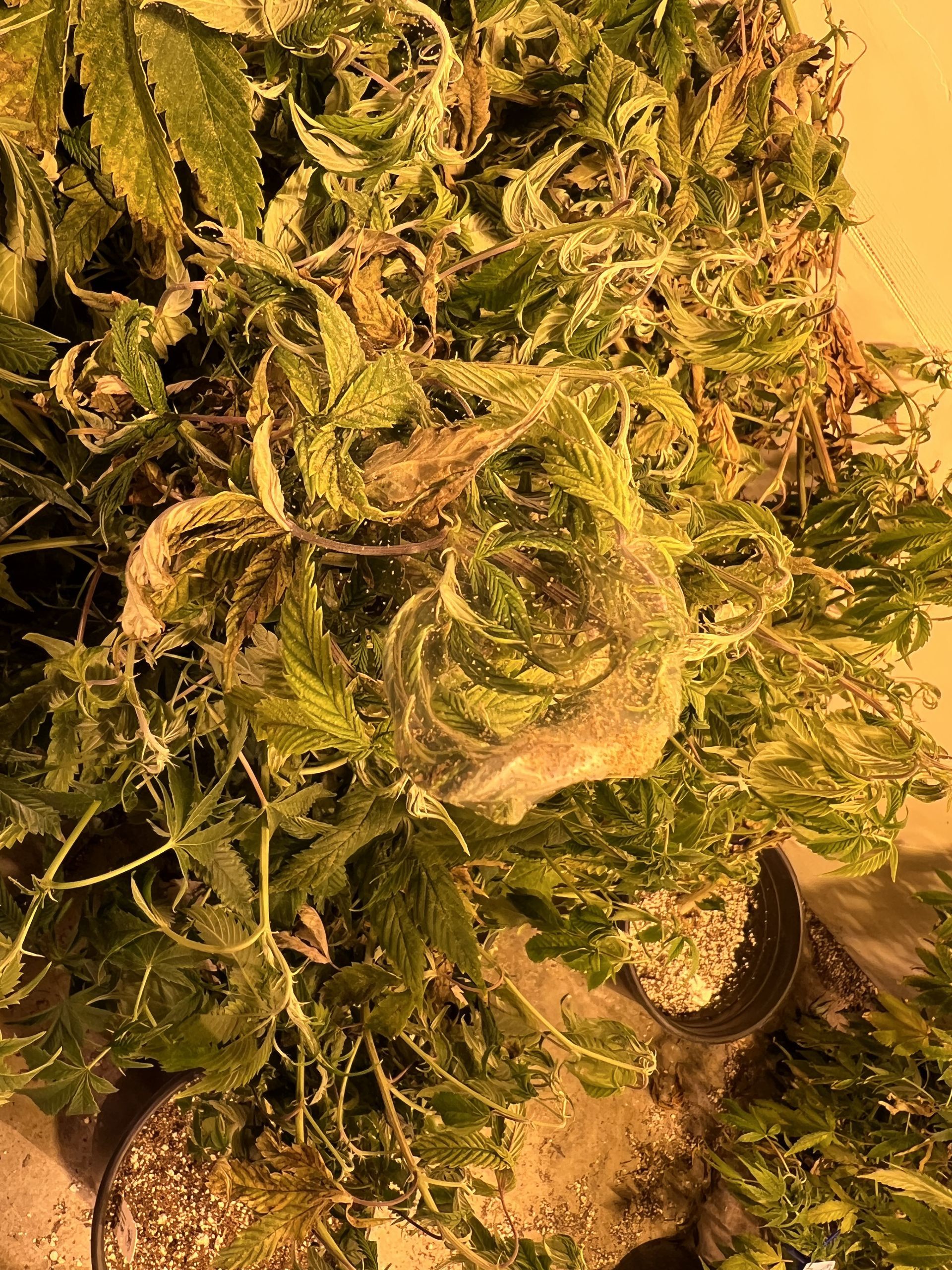Federal Legalization
Navigating The Complex Legal Landscape of Cannabis: THCA, CBD, and THC

Navigating The Complex Legal Landscape of Cannabis: THCA, CBD, and THC
The legal status of cannabis and its derivatives is a complex and rapidly evolving landscape, with federal regulations often at odds with state laws. As the industry navigates this intricate regulatory environment, understanding the differences in the federal legalization of THCA, CBD, and THC is crucial for businesses and consumers alike.
THCA: A Gray Area in Federal Regulations
THCA, or tetrahydrocannabinolic acid, is a non-psychoactive precursor to THC found in raw cannabis plants. While the 2018 Farm Bill legalized hemp and its derivatives, including CBD, the legal status of THCA remains a gray area.In a recent letter, the Drug Enforcement Administration (DEA) clarified that THCA does not meet the definition of hemp under the Controlled Substances Act (CSA) because it is converted to delta-9 THC when heated. As a result, THCA must be accounted for when determining the delta-9 THC level of a substance.This interpretation has significant implications for the hemp industry, as many hemp-derived products, such as hemp flower and concentrates, may contain THCA levels that exceed the 0.3% delta-9 THC threshold when heated. Consequently, these products could be considered controlled substances under federal law, despite being derived from legal hemp plants.The DEA's stance on THCA has drawn criticism from hemp industry advocates, who argue that the agency's interpretation goes beyond the scope of the 2018 Farm Bill and creates unnecessary confusion and uncertainty for businesses and consumers.
CBD: Legalized but Not Fully Approved
Cannabidiol (CBD), a non-psychoactive compound found in hemp and marijuana plants, was effectively legalized at the federal level with the passage of the 2018 Farm Bill, which removed hemp-derived CBD from the list of controlled substances.However, the FDA has only approved one CBD-based drug, Epidiolex, for the treatment of certain rare forms of epilepsy. The agency has not yet approved CBD as a dietary supplement or food additive, leading to ongoing regulatory challenges for CBD products in the consumer market.
THC Rescheduling Proposal: A Step in the Right Direction?
The DEA is currently considering a proposal to reschedule marijuana from a Schedule I to a Schedule III controlled substance under the Controlled Substances Act (CSA). This move would acknowledge marijuana's potential medical uses and lower risk of abuse compared to other Schedule I drugs like heroin and LSD.Under the proposed rescheduling, marijuana would still be a controlled substance, but it could potentially be prescribed for medical purposes, subject to FDA approval. However, this change would not legalize marijuana for recreational use at the federal level, and trafficking marijuana without permission could still result in federal criminal prosecution.The rescheduling proposal has garnered mixed reactions from industry stakeholders and policymakers. Some argue that rescheduling is a step in the right direction but does not go far enough in addressing the inconsistencies between federal and state marijuana laws. Others express concerns about the potential unintended consequences of loosening federal restrictions on marijuana, such as increased access and potential gateway effects.
Navigating the Regulatory Maze
Navigating the complex web of federal and state cannabis regulations can be a daunting task for businesses and consumers. The legal status of various cannabis-derived compounds varies depending on the source of the compound and the jurisdiction in which it is produced, sold, or consumed.To navigate this regulatory maze, businesses must stay informed about the latest developments in federal and state laws, seek legal counsel when necessary, and take steps to ensure compliance with applicable regulations. This may involve carefully sourcing hemp-derived ingredients, testing products for cannabinoid content, and labeling products in accordance with state and federal requirements.Consumers should also educate themselves about the legal status of cannabis products in their state and be aware of the potential risks associated with using products containing THCA, CBD, or THC.As the legal landscape continues to evolve, it is crucial for all stakeholders in the cannabis industry to remain vigilant and adaptable to changes in regulations. By staying informed and proactive, businesses and consumers can navigate this complex terrain and contribute to the responsible growth of the cannabis industry.










